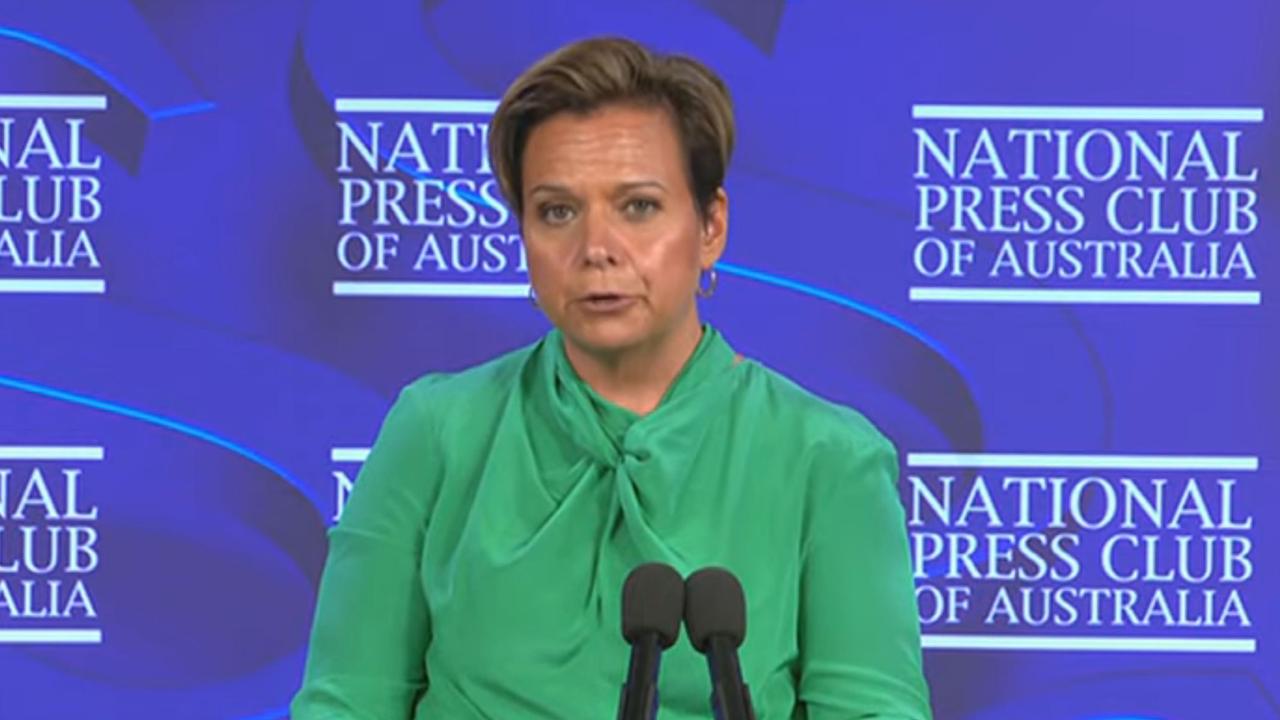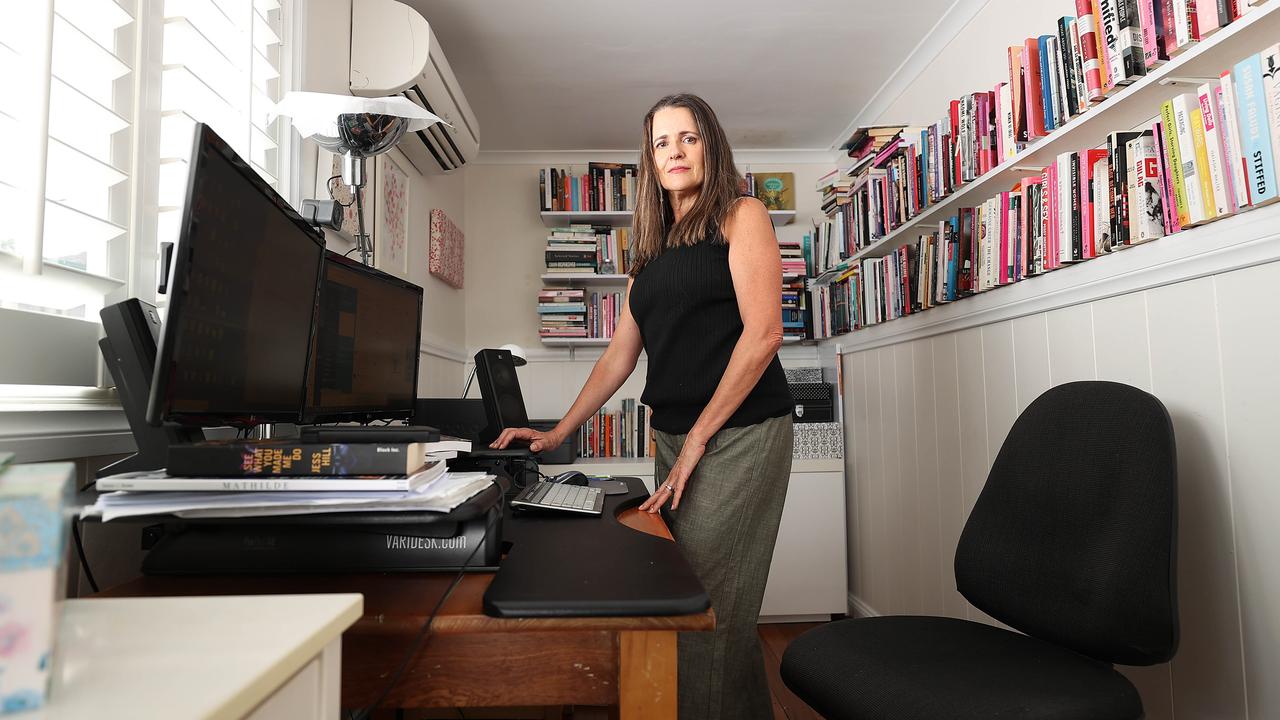Age assurance technology could help enforce raising the age of social media access from 13 to 16
Selfies in seconds could be used to help assure the age of young social media users if the federal government cracks down on access rules.
Selfies in seconds and digital tokens could be used to help assure the age of young social media users if the Federal government lifts the age of access and its enforced.
Communications Minister Michelle Rowland last month announced a $6.5m age assurance trial to test different age estimation and assurance technologies, more than a year after it was recommended by the e-safety commissioner.
The focus of the trial, which has no start date, is to explore their efficacy in protecting children from viewing pornography and other harmful online content.
Industry leaders say the same technology could be used to help enforce raising the age of social media access from 13 to 16.

About 30 age assurance verification providers exist around the world as demand for services increases.
Instagram works globally with Yoti, who uses live facial image age estimation technology if a user attempts to edit their date of birth from under to over 18.
The company’s facial age estimation checks can take as little one as second before images are immediately deleted once an age has been estimated.
Facebook also uses Yoti to verify users are 18+ on its US-based dating product, which is available in more than 50 countries but not in Australia.
UK-based Age Verification Providers Association represents Yoti and more than 20 companies, who use methods like live photos, videos and voice age estimations, government-issued and reusable IDs, bank and credit checks.
Association executive director Iain Corby said age estimation technology was moving quickly with many checks able to be done within seconds and at a cost of just a few cents.
But he said there were challenges in the accuracy of age estimation technology in children and getting around deep fake AI attacks.
“For facial age estimation, the average error of the best in class is a year and a half, so if we were trying to control access for 16-year-olds, you’d have to expect a fair number of 14 and quite a few 15-year-olds to get through,” he said.
Mr Corby said in the UK, physical proof of age cards were used to help verify birthdates of children with digital alternatives to be rolled out soon.
Australia does not yet offer the same.
“The easiest solution would be for governments to allow one way blind checks of databases they hold that do include the ages of children,” he said.
“Education, health and social security systems may have suitable data.
“A blind check is where you can only confirm data you already have is accurate, you can’t just see anyone’s data.”
Mr Corby said there was also a “double blind tokenised solution”, where users would prove their age to a third party and receive a signed token that could be used for multiple websites.
Collective Shout movement director Melinda Tankard Reist, who has been campaigning the Australian government to implement age verification for years to stop children being exposed to pornography, said while the technology was still evolving, the $6.5m trial should be commenced without delay.

She said while it was uncertain what proof of identity may still be needed for the age verification of younger children in Australia, results of the trial could later be applied to social media access and how big tech companies can enforce access restrictions.
“Let’s just start with at least making adults demonstrate they are over 18 to access porn, and at some stage, that could be applied to social media,” she said.
“The issue is too urgent.
“Every day of delay means millions more children are exposed.
“Big tech companies have caused untold harm.”
Yoti, which has an office in Melbourne, has told News Corp Australia it had engaged with the Federal government and eSafety commissioner’s team about the emergence and testing of age estimation technology since 2017.
A company spokesperson said it had sent a letter to the eSafety Commissioner, congratulating the age verification trial announcement and offering to collaborate.
“We are happy to engage with workshops and discussions with the Australian government and eSafety office in terms of the details of a wide range of options for age assurance; to share accuracy and bias levels and our experience in terms of delivering over 650 million age checks,” a Yoti spokesperson said.
Mr Corby said European not-for-profit group euConsent, of which AVPA is a member, would be interested in being part of a consortium with Australian partners to help deliver the trial.
Originally published as Age assurance technology could help enforce raising the age of social media access from 13 to 16



